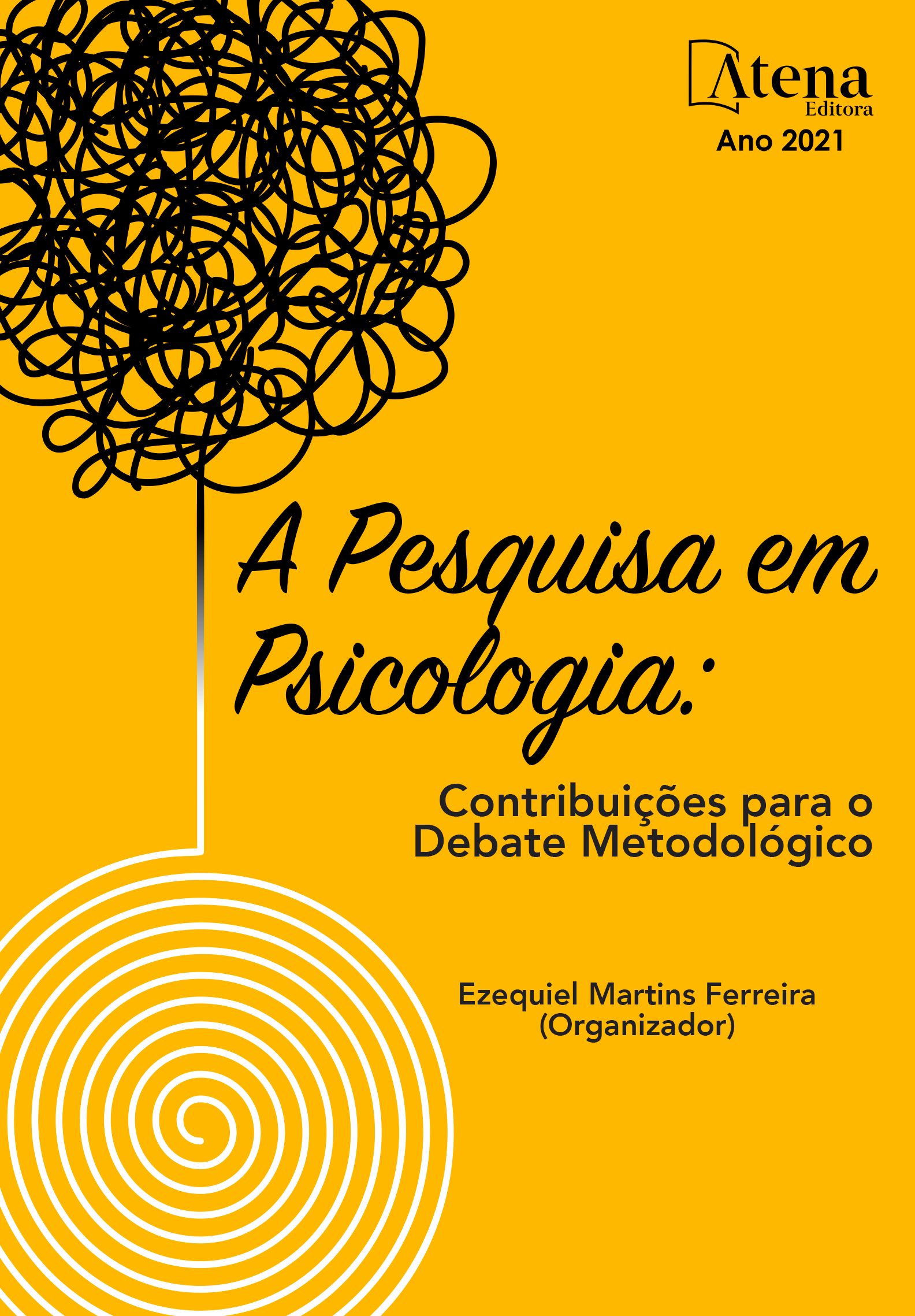
A ELABORAÇÃO DO LUTO NO CÔNJUGE LONGEVO E A SUA AUTONOMIA
O luto é um processo comum a todos os seres humano, e os sentimentos vivenciados com o luto merece atenção em todos os ciclos vitais. Esse estudo tem como objetivo discutir como o luto ocorre no idoso, bem como mostrar quais as influências dos novos arranjos familiares para o cônjuge idoso enlutado, demonstrando seus principais sentimentos perante o luto, e fazendo a interface luto no idoso e a sua autonomia dentro de novos arranjos familiares. Trata-se de pesquisa bibliográfica, com abordagem qualitativa. Para o levantamento dos dados foi utilizado a base de dados Scientific Electronic Library Online e o Google, e como técnica a análise de conteúdo. Os saberes de vários teóricos foram compilados, em busca de uma melhor compreensão sobre a elaboração do luto no idoso e a sua autonomia. Os resultados indicam a autonomia como importante baliza para a continuidade dos projetos de vida e do bem-estar do idoso enlutado. Portanto, quando o idoso, por morte do cônjuge, tiver que compor novos arranjos familiares torna-se imprescindível que o apoio dentro da nova família não implique em tolhimento da autonomia do idoso enlutado. Considerações finais: Importa mais ao idoso receber o apoio para a elaboração do luto e a segurança de uma qualidade de vida, sem ultrajes aos seus objetivos de vida e à sua autonomia. Nesse sentido, é imprescindível que os apoios familiares na elaboração do luto do cônjuge idoso se mantenham despretensiosos de cerceamento da sua autonomia, contribuindo, assim, para a elaboração do luto saudável.
A ELABORAÇÃO DO LUTO NO CÔNJUGE LONGEVO E A SUA AUTONOMIA
-
DOI: 10.22533/at.ed.1692106059
-
Palavras-chave: PERDAS. IDOSO. INDEPENDÊNCIA
-
Keywords: LOSSES. OLD MAN. INDEPENDENCE.
-
Abstract:
Grief is a process common to all human beings, and the feelings experienced with grief deserve attention in all life cycles. This study aims to discuss how bereavement occurs in the elderly, as well as to show what are the influences of new family arrangements for the bereaved elderly spouse, demonstrating their main feelings about bereavement, and making the bereavement interface in the elderly and their autonomy within new family arrangements. This is a bibliographic research, with a qualitative approach. For data collection, the Scientific Electronic Library Online database and Google were used, and content analysis was used as a technique. The knowledge of several theorists was compiled, in search of a better understanding about the elaboration of mourning in the elderly and their autonomy. The results indicate autonomy as an important guide for the continuity of life projects and the well-being of the bereaved elderly. Therefore, when the elderly person, due to the death of their spouse, has to compose new family arrangements, it is essential that support within the new family does not imply a reduction in the autonomy of the bereaved elderly person. Final considerations: It is more important for the elderly to receive support for the elaboration of mourning and the security of a quality of life, without outrage to their life goals and autonomy. In this sense, it is essential that family support in the elaboration of mourning for the elderly spouse remains unpretentious to restrict their autonomy, thus contributing to the elaboration of healthy mourning.
-
Número de páginas: 9
- PATRÍCIA MELO DO MONTE
- FRANCISCA SOUSA VALE FERREIRA DA SILVA


